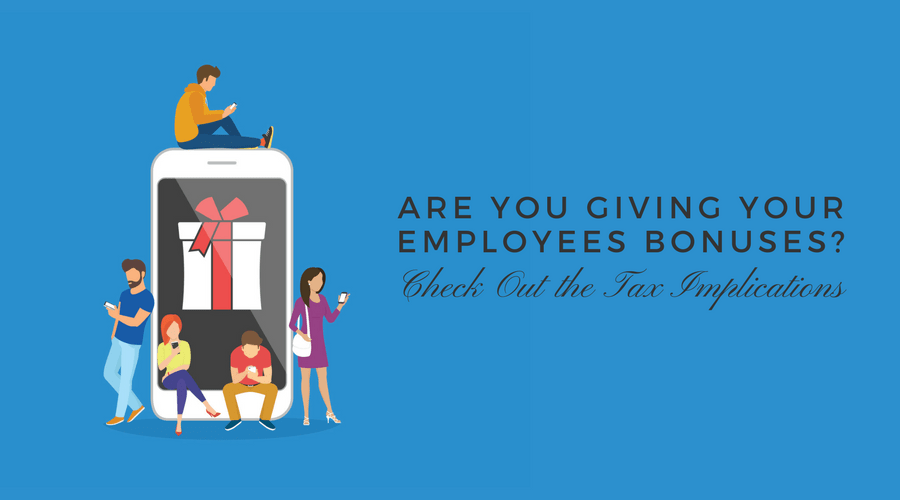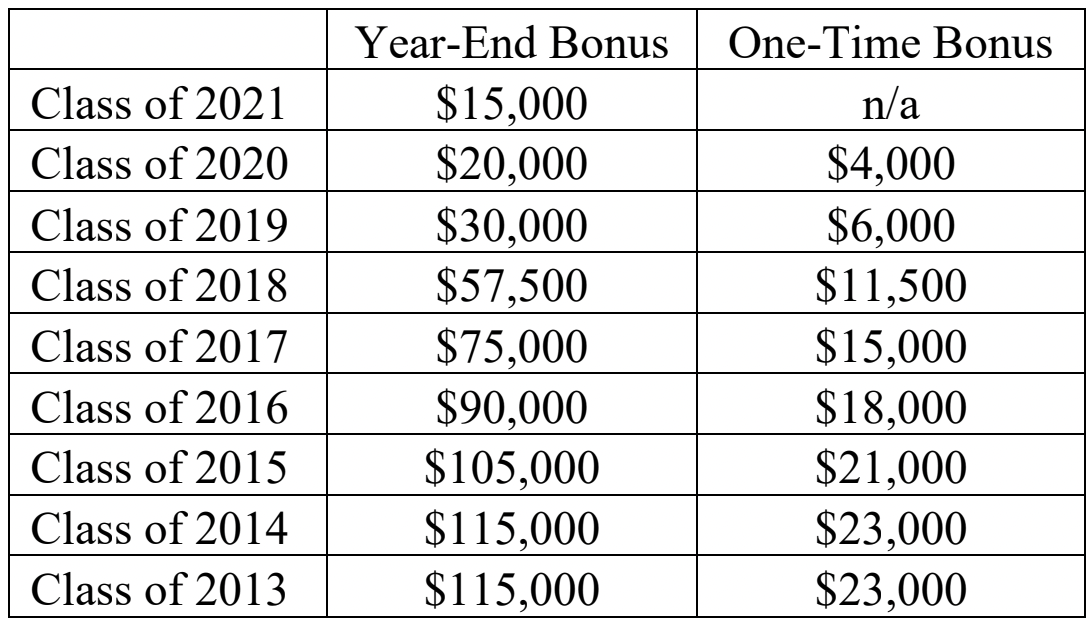Indicators on 4 Benefits of Employee Bonuses - QuickBooks You Need To Know

Get This Report on Apple aims to prevent defections with $180000 bonuses - Los
Think of the last time a checkout clerk offered you a bonus offer discount rate on a product or you came throughout a benefit function in a movie. You probably felt quite terrific, ideal? Individuals enjoy the idea of bonus offers since "additional" or "complimentary" things is difficult to pass up. It's why we get excited as customers, and also why they interest us when considering a job offer.
Comprehending how they work and why they're supplied in the work environment can assist you choose between a job with poor payment and one where you're set financially. We'll break 'em down so you come out sensation like a pro: 1. What Is a Perk? A benefit is "a type of payment that's not ensured which is generally paid after the completion of a certain event," states Adi Dehejia, The Muse's Chief Financial Officer.

Best Online Casino Bonuses and Promo Codes for 2022

New Nurse Sign-On Bonus - Ballad Health
That said, a great deal of bonuses are discretionary, implying rather than the reward being tied to a particular quota, your level, or your performance, a manager simply gets to decide who is and isn't worthwhile of one, along with how much the perk is. As you can picture, this makes bonus offers a pretty made complex topic for business and workers alike.
Why Do Companies Offer Perks? Typically perks are offered because that's what the marketplace informs business to do. If other organizations of similar size, market, or location are using their workers bonuses, a company may feel obligated to do the very same to complete for good skill. click here is why you'll hardly ever discover a sales function without a reward structure.

How should I measure my financial controller's - Camino Partners
Things about 26 Synonyms & Antonyms for BONUS - Thesaurus.com

However the main reason companies are drawn to rewards is due to the fact that they encourage employees to strive to assist the business be successful. "They wish to align incentiveslike, 'You do well if the company does well,'" says Dehejia. And it tends to pay offpeople who know they can make more money by generating more earnings, whether straight (like sales) or indirectly (like marketing or executive leadership) are going to be extremely motivated to do so.
